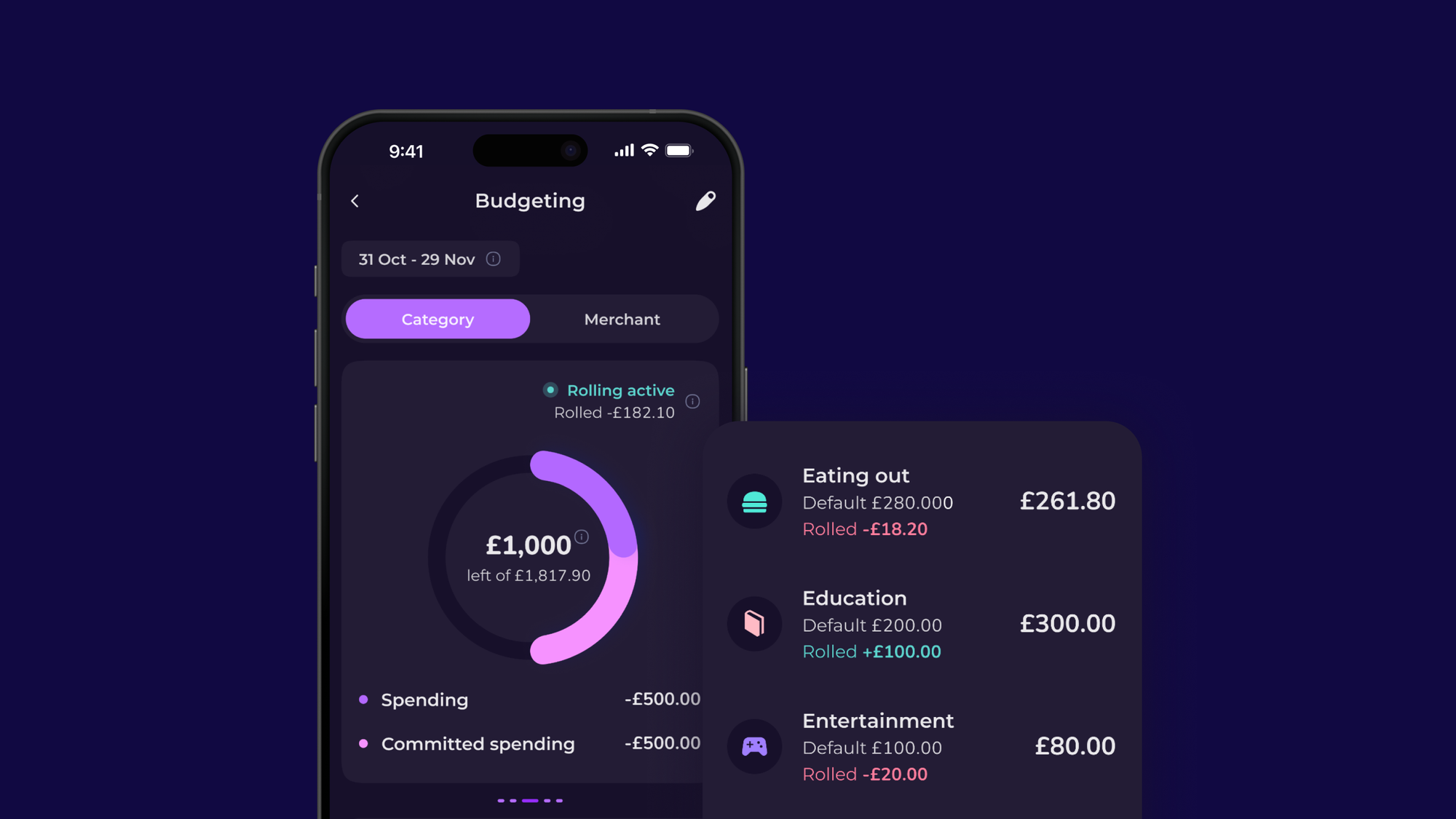FEATURED ARTICLE
Costs To Account For When Buying A House

Edouard Daunizeau
March 18, 2020 •4 min read
TABLE OF CONTENTS
The Real Cost Of Purchasing A Home
Conclusion
Are you considering buying a house, flat, or apartment?
That’s great!
And a wise investment.
The thing is, though, buying yourself somewhere to live can often come with unforeseen costs.
Costs you are best being aware of now before committing yourself financially.
And that’s important, as buying a house will be one of the biggest investments you are likely to make in your life, and any further costs that you weren’t expecting can really hurt your bank account.
Unfortunately, buying a home isn’t as simple as laying out a bunch of money upfront.
On top of the price of the property, there is a wide range of associated costs both before and after settlement.
Never fear though, as we are going to detail some of these expenses so you can be super prepared.
Eliminating any unnecessary stress when making your big purchase.
The Real Cost Of Purchasing A Home
The Deposit
The very first cost you are going to incur when buying a house is, of course, the deposit. If you’re a first-time buyer that is likely to be 10% of the total cost of the property. So if the prospective property is worth £200,000 then the deposit will normally be £20,000.
It is important to note, the more you have saved for a deposit right now, obviously, the less you will have to pay later. This affects something that is termed your loan-to-value ratio or LTV. Using the example above, your LTV ratio would be 90% for a £20,000 deposit on a £200,000 property. If you instead dropped £50,000, your LTV ratio would be 80%.
And what is the advantage of having a lower LTV ratio?
There are a couple of advantages. The most obvious of the two is you won’t have to pay back as much in the long run. The second, you will have access to better mortgage product deals which charge lower interest rates, and again, will lower the overall amount of money you will have to pay back long-term.
Stamp Duty
Unfortunately, when you buy property there is a wide range of associated tax costs.
Stamp duty is just one such tax and, unless you are purchasing a property in the UK that is less than £125,000, you are going to have to pay this tax.
Good news for first-time buyers, however!
New laws passed recently in England and Northern Ireland have exempted first-time buyers from paying stamp duty on properties up to £300,000.
But what if you buy property above this value?
Well, for purchases of between £300,000 to £500,000, first-time buyers will only pay stamp duty tax on any amount above £300,000. Unfortunately, though, if you are buying a property above £500,000, you’ll receive no relief from a stamp duty tax at all.
Bummer!
Mortgage Fees
Another major ongoing cost you will have to consider is mortgage fees. Due to legislative changes, lenders must now consolidation all mortgage fees, such as valuation fees and redemption fees, into an annual interest calculation, commonly referred to as the “overall cost for comparison”.
Within the overall cost for comparison, borrowers will find booking fees which usually cost between £75 to £250 depending on the lender, arrangement fees or completion fees which come in at between £500 to £2,000, and electronic transfer fees which are usually around £40.
Real Estate Agent Fees
The next major costs to a buyer are real estate agent fees. There are a number of these fees that are worth budgeting for as they can quickly add up if you aren’t ready for them.
The first of these fees is a valuation fee. This is charged to buyers who wish to have their prospective home valued. It’s a good idea to do so, firstly you can be sure the asking price for the property is justified and secondly a valuation of the property by a third party will give you a rough idea of the amount you should put forth to the seller.
The cost of a valuation is usually between £200 to £350.
The second fee most prospective buyers will incur from real estate agents is surveying fees. Surveying should be carried out on properties before a buyer commits to purchasing it. This will ensure there are no unforeseen problems like structural, termite, damp, or subsidence damage.
Surveyor fees normally cost between £300 to £1,500 depending on how detailed the inspections are. The more detailed work is carried out the more expensive the fees will be.
The third fee you are likely to incur from real estate agents is conveyancing fees. Conveyancing fees are paid to licensed conveyancers to take charge of the legal aspects of purchasing a property. Often the conveyancer will charge you a flat fee or a percentage of the property’s overall value. This will usually cost prospective buyers between £500 to £2,000.
And the last fee that you will likely pay from real estate agents is a land registry fee. Land registry fees are charged to new owners for registering the property under their name. This service will cost around £100 to £200.
Conclusion
There are many costs you must factor into your budget when buying a house, many are obvious and many aren’t so obvious.
It can be almost impossible to keep track and at times it is easy to feel overwhelmed with the amount you must keep on top of.
This is why, here at Emma, we have developed an app that will help take some of the feelings of stress and anxieties out of managing your finances.
Emma’s features will assist you to
- avoid any expensive overdrafts
- track your expenses
- analyze your debt-to-income ratio
- assist you in paying off any debt you may have accumulated
- maintain your invaluable credit score
- find any hidden bank fees
- track any interest you are accruing
- find easy ways to save
- get notified when you receive a refund, direct debit from another account, or your salary clears into your bank.
Emma is available for download on both the App Store and Google Play Store.
You may also like
Check out these related blog posts for more tips
© 2025 Emma Technologies Ltd. All Rights Reserved.
Emma is registered and incorporated in England and Wales.
Emma Technologies Ltd is an appointed representative of RiskSave Technologies Ltd, which is authorised and regulated by the Financial Conduct Authority (FRN 775330).
Payment services (Non MIFID or Deposit related products) for Emma Technologies Ltd are provided by The Currency Cloud Limited. Registered in England No. 06323311. Registered Office: Stewardship Building 1st Floor, 12 Steward Street London E1 6FQ. The Currency Cloud Limited is authorised by the Financial Conduct Authority under the Electronic Money Regulations 2011 for the issuing of electronic money (FRN: 900199). For more detail on how your money is protected please see here. You can also find Currency Cloud's Terms of Use here.
Emma Technologies is an Introducer Appointed Representative of Quint Group Limited and not a lender. Quint Group Limited is authorised and regulated by the Financial Conduct Authority (Firm Reference Number 669450). Monevo Limited is an Appointed Representative of TransUnion International UK Limited. TransUnion is authorised and regulated by the Financial Conduct Authority (Firm Reference Number 737740). Emma Technologies introduces customers first to Quint Group Limited, as a licensed credit broker, who then refers on to Monevo Limited.
Emma is registered with the Financial Conduct Authority under the Payment Services Regulations 2017 for the provision of payment services.
Financial Conduct Authority Reg Nr: 794952.
Company Registration Number: 10578464.
Data Protection Registration Number: ZA241546.
All testimonials, reviews, opinions or case studies presented on our website may not be indicative of all customers. Results may vary and customers agree to proceed at their own risk.
Resources: Cancel subscriptions, Cashback offers, Who charged me, Rent Reporting, Budgeting, Investment universe, Emma vs Moneyhub.
Featured cashback offers: Samsung, SimplyCook, NordVPN, Audible, M&S Homeware.









